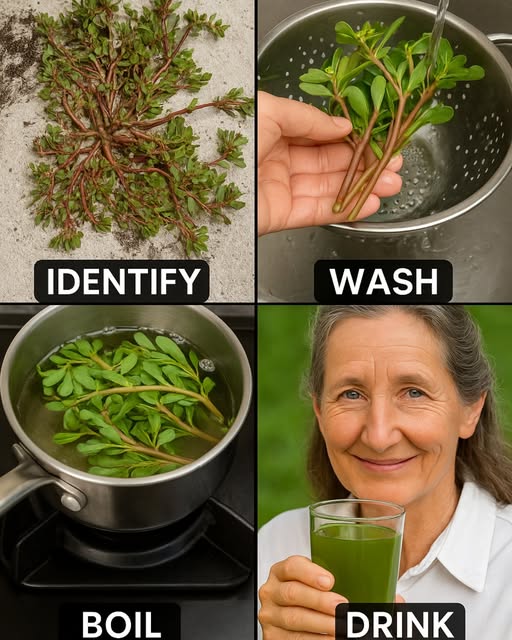Why You Should Care About Purslane
If you’re looking for a simple, natural way to boost your health, purslane might surprise you. This humble plant, often dismissed as a weed, is packed with nutrients and has been used for centuries in traditional diets. Whether you’re dealing with inflammation, low energy, or just want to eat healthier, purslane could be the easy addition your meals need.
What Makes Purslane Special?
Purslane (Portulaca oleracea) is a succulent plant with thick, juicy leaves and a slightly sour, lemony taste. It grows wild in many parts of the world and is often found in Mediterranean, Asian, and Mexican dishes. Unlike many greens, it’s rich in omega-3 fatty acids—the same healthy fats found in fish—and contains vitamins A, C, and E, along with minerals like magnesium and potassium. Its stems and leaves can be eaten raw in salads, cooked in soups, or blended into smoothies.
Key Benefits of Purslane
Purslane isn’t just tasty—it’s a powerhouse for your health. It fights inflammation, supports heart health by lowering cholesterol, and may even help regulate blood sugar. The antioxidants in purslane protect your cells from damage, while its high vitamin C content boosts immunity. For those struggling with digestive issues, its mucilaginous texture soothes the gut lining.
Pairing Purslane for Maximum Benefits
| Ingredient | Benefits When Mixed |
|---|---|
| Lemon Juice | Enhances iron absorption and adds zesty flavor. |
| Olive Oil | Helps absorb fat-soluble vitamins (A, E). |
| Garlic | Boosts immune support and adds anti-inflammatory effects. |
| Yogurt | Combines with purslane’s fiber for better gut health. |
How to Use Purslane in Your Diet
- Wash thoroughly: Rinse leaves and stems under cold water to remove dirt.
- Chop or leave whole: Add raw to salads, or sauté lightly with garlic and olive oil.
- Blend: Mix a handful into smoothies with yogurt and lemon juice.
- Cook: Stir into soups or stews during the last 5 minutes to retain nutrients.
Remember
Purslane is generally safe, but moderation is key. It contains oxalates, which can cause kidney stones in sensitive individuals. Avoid wild purslane from areas sprayed with pesticides. If you’re pregnant, breastfeeding, or on medication, talk to your doctor before adding it to your diet regularly. Natural remedies support health but aren’t substitutes for professional medical advice.
